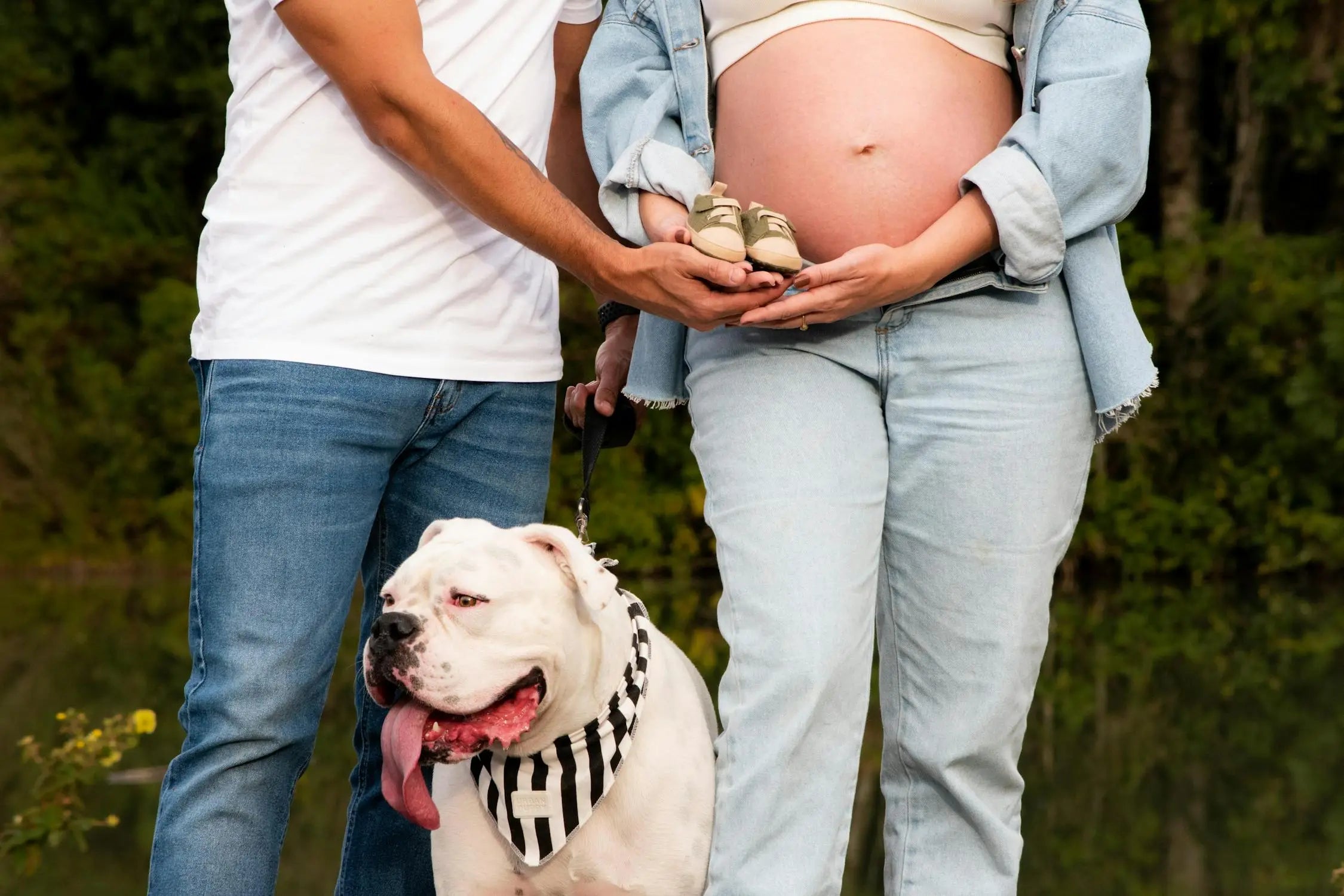Maison
Grossesse, allaitement et pompage : le guide ultime pour les mamans
Un test de grossesse peut-il détecter à 1 semaine : ce que vous devez savoir

Un test de grossesse peut-il détecter à 1 semaine : ce que vous devez savoir
Comprendre le dépistage précoce de la grossesse
En matière de grossesse, le timing est primordial. De nombreuses femmes se demandent : Un test de grossesse peut-il détecter une grossesse une semaine après la naissance ? La réponse n'est pas simple, car elle dépend de plusieurs facteurs, notamment du type de test utilisé et du moment de la conception.
Comment fonctionnent les tests de grossesse
Les tests de grossesse détectent la présence de gonadotrophine chorionique humaine (hCG), une hormone produite par le placenta après la nidation. Cette hormone est généralement présente dans le sang et l'urine après la fixation de l'ovule fécondé à la paroi utérine.
La science derrière les taux d'hCG
Au début de la grossesse, le taux d'hCG augmente rapidement, doublant toutes les 48 à 72 heures. Cependant, une semaine après la conception, ce taux peut encore être trop faible pour être détecté par la plupart des tests de grossesse.
Types de tests de grossesse
Il existe deux principaux types de tests de grossesse : les tests urinaires et les tests sanguins. Les tests urinaires sont les plus courants et peuvent être réalisés à domicile, tandis que les tests sanguins sont généralement effectués en milieu médical et permettent de détecter des taux plus faibles d’hCG.
Quand faire un test de grossesse
Pour des résultats plus précis, il est généralement recommandé d'attendre le retard des règles pour faire un test de grossesse. Cela correspond généralement à environ deux semaines après la conception, période à laquelle le taux d'hCG est plus susceptible d'être détectable.
Facteurs influençant le dépistage précoce
Plusieurs facteurs peuvent influencer la précision d'un test de grossesse à 1 semaine, notamment la sensibilité du test, le moment de l'implantation et les variations individuelles de la production d'hCG.
Symptômes de début de grossesse
En attendant de faire un test de grossesse, certaines femmes peuvent ressentir des symptômes précoces tels que fatigue, nausées et sensibilité des seins. Cependant, ces symptômes peuvent aussi être causés par d'autres facteurs et ne constituent pas des signes définitifs de grossesse.
Le rôle de l'implantation
L'implantation a généralement lieu 6 à 12 jours après l'ovulation. Si elle se produit plus tard, le taux d'hCG peut ne pas être détectable une semaine après la conception.
Fiabilité des tests de grossesse précoces
Certains tests de grossesse prétendent détecter une grossesse jusqu'à 6 jours avant la date présumée des règles. Cependant, leur fiabilité peut varier et les faux négatifs sont plus fréquents lors des tests effectués précocement.
Que faire si vous soupçonnez une grossesse ?
Si vous pensez être enceinte mais que votre test de grossesse est négatif après une semaine, il est conseillé d'attendre quelques jours et de refaire le test. Consulter un professionnel de santé peut également vous apporter des réponses plus précises.
Comprendre les faux négatifs
Un résultat faussement négatif peut survenir si le test est effectué trop tôt, si l'urine est trop diluée ou si le test n'est pas utilisé correctement. Suivez toujours les instructions fournies avec le test pour obtenir les résultats les plus précis.
L'importance des tests de suivi
Si vous continuez à présenter des symptômes de grossesse ou si vous avez un retard de règles, il est essentiel de faire un test de confirmation. Le taux d'hCG continue d'augmenter en début de grossesse, ce qui accroît la probabilité d'un résultat positif lors des tests suivants.
Considérations émotionnelles
L'incertitude liée à un test de grossesse précoce peut être éprouvante émotionnellement. Il est important de prendre soin de sa santé mentale et de demander de l'aide si nécessaire pendant cette période.
Conclusion : La patience est essentielle
Bien que la question Un test de grossesse peut-il détecter une grossesse à 1 semaine ? Il est fréquent qu'une grossesse survienne rapidement, et la patience est essentielle pour un diagnostic précoce. Attendre le retard des règles ou consulter un professionnel de santé permet d'obtenir des résultats plus fiables et d'être plus serein.
Vous vous interrogez sur la détection précoce d'une grossesse ? Comprendre le fonctionnement et le calendrier des tests de grossesse peut vous aider à aborder cette période à la fois excitante et incertaine avec sérénité.
Partager


